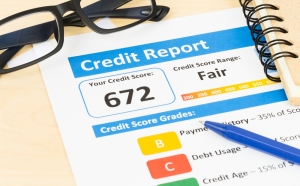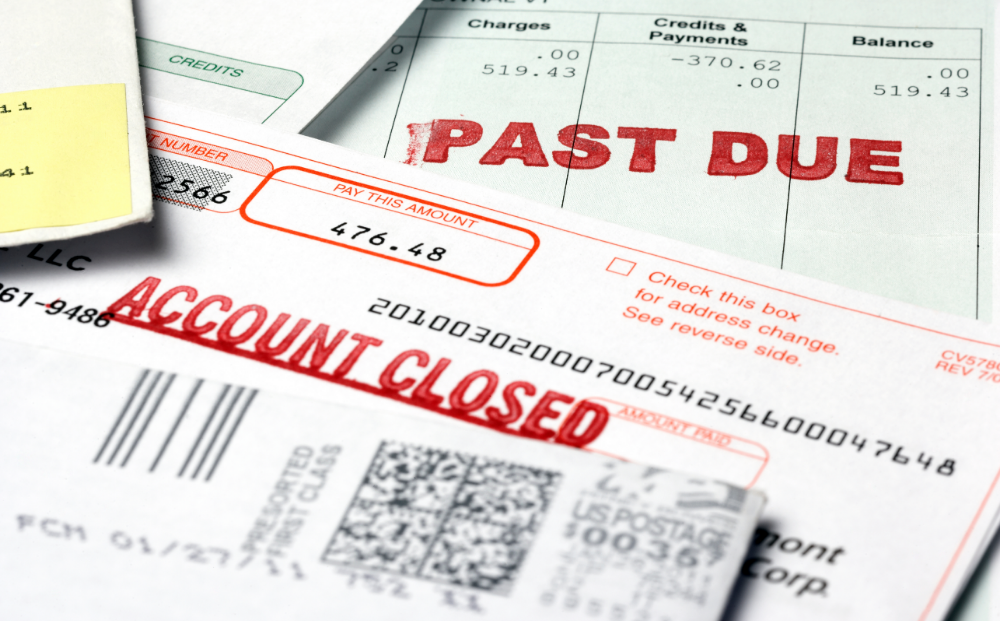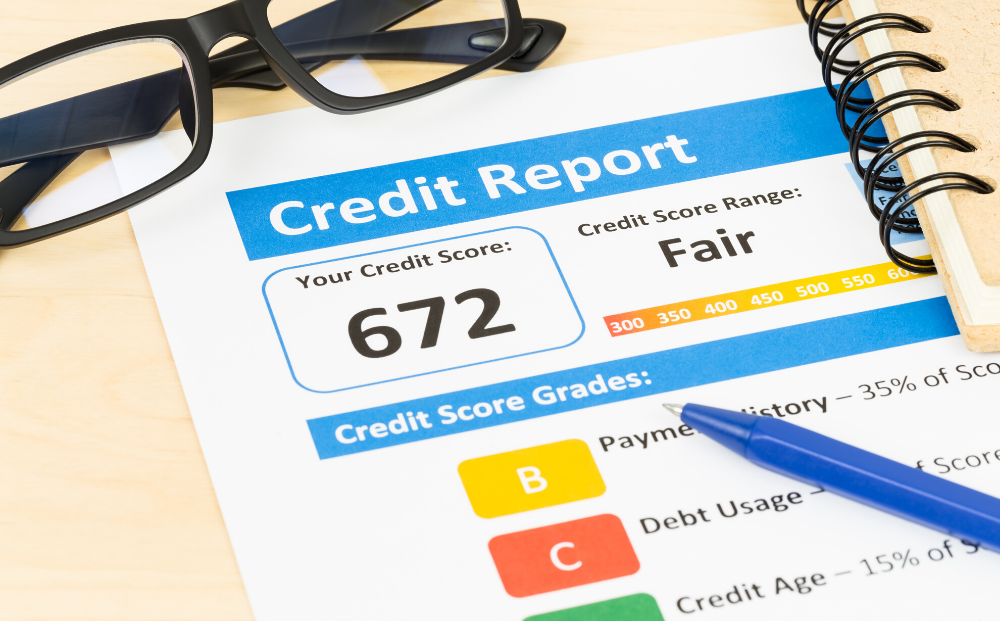Talking about credit scores with your significant other is far from romantic, but I have seen many times how credit score issues can lead to problems in a relationship. If you want to keep the spark in your relationship strong, avoid these top 4 Credit Score Relationship Busters.
1. Only 1 of Us Cares About Our Credit
Sadly, I have seen many times where couples do not share the same credit goals. When one person in a relationship cares about their credit score and the other one does not, it can lead to frustration and outright anger. It may seem like an odd conversation but being on the same page with your significant other and having common credit goals can prevent future relationship issues.
2. We Cannot Do What We Want in Life Due to Our Credit
Bad or impaired credit regularly holds couples back from doing what they want in life. I often hear couples say things like, all we do is work and try to do the right things, but it is just not working. A common example of this is when a couple desires to purchase a home but they cannot qualify due to credit issues. If you find yourself in this situation, work on repairing your credit rather than fighting about it. I have seen many couples regain control of their credit scores from hard work but have yet to see any couples improve their credit scores by fighting about them.

3. My Significant Other Missed a Payment and it Ruined My Credit
Couples often have joint accounts and at times, they do not even realize it. If your spouse misses a payment on “their” car note and you are a joint holder, you missed the payment as well. It is very important to know what obligations belong to you and have systems in place to ensure timely payments are always made.
4. They Promised to Pay if I Co-signed
Co-signing for anyone comes at a great risk. I have heard enough horror stories that I would be able to write an entire book about the risks of co-signing. First understand, if someone needs a co-signer, it typically means they have bad credit or other credit issues and need to use your credit to get approved for a loan. Having bad credit does not make a person bad, it just makes them a higher risk to a bank. I have seen many good people who experienced credit issues for various reasons who later had a co-signer for a debt that never missed any payments. While these kinds of stories are great, it is the other outcomes that are not. Co-signing for a debt makes you responsible for the payments and debt if the other party does not pay. At times, co-signers are not even aware that the person they co-signed for failed to pay which makes it difficult for them to protect their own good credit. My advice is, if you ever co-sign, be involved with the debt to ensure the payments are being paid as agreed.
In conclusion, enjoy the relationship you are in and do your best not to let these 4 Credit Score Relationship Busters impact you.
For those who need it, Credit Repair help is available
If your credit needs help, take action. There are a lot of resources available on steps to improve your credit. You can get free information from the FTC or contact a professional credit repair company like CureMyScore.com. By taking action to improve your credit, you may qualify for the home of your dreams or a new auto while paying less in interest charges.
Call us at 412-564-5370 with any questions / comments or schedule a free program review. Like us on Facebook to receive future consumer credit tips.











 How often do you need to use your credit cards to keep them open?
How often do you need to use your credit cards to keep them open?





